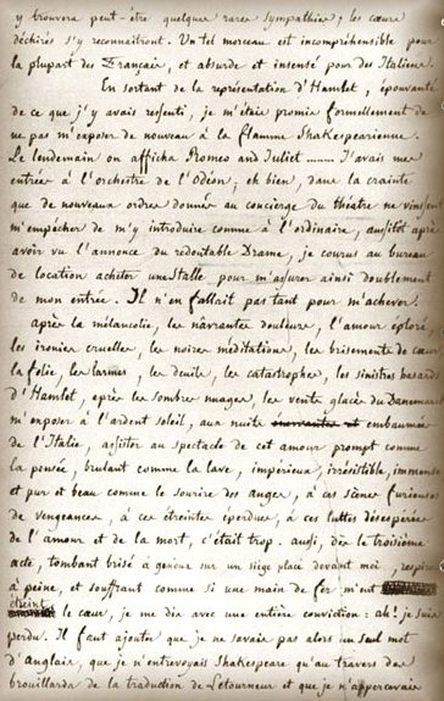|
The Breadcrumbs widget will appear here on the published site.
Beyond My Life Story I never meant to. I was a poet first, then a fiction writer. My memoir started with a blog post, the day of my daughter’s eighth birthday, when my father appeared to me so vividly. I was haunted by the fact that he never saw me turn eight, since he died when I was seven. The blog turned into an essay which took on a life of its own and became a book. In the spring, I gave a reading from the book at the Virginia Center for the Creative Arts. As I was about to start, I worried it would be too dark and sad. Again I wondered: Why do this? I was surprised by how emotional I became during the reading. I have had many years to grieve for my father, to cope and heal. But the words made everything fresh. At the end of the reading, I was bombarded by my fellow writers. They didn’t want to talk about my craft or even my content. They wanted to tell me their stories. About their fathers, mothers, husbands, wives, children, brothers, sisters, or friends. It was an amazing outpouring. When I told a friend about this feedback, she asked if I was disappointed that the focus shifted away from me. Not at all. This was the perfect reaction. It meant that my story had reminded people of their own life stories. My words gave them permission to access something they had lost. “It meant that my story had reminded people of their own life stories. My words gave them permission to access something they had lost.” I recently returned from AWP in Seattle, the mammoth conference (with 12,000 attendees) for writers and writing teachers. Even though I was tempted by all the big-name author readings, I mostly attended panels about writing and teaching memoir instead. What I came away with is an even deeper sense that what we do is risky. We can’t write about ourselves without including other people. And we can’t do that without bruising egos. In the panel subtitled “The Intersection of Art, Advocacy, and Ethics in Writing About Your Kids,” Ben Tanzer (Daddy Cool) said, “Writing memoir is selfish, but we do it because we are driven to write these stories.” We all need to make our own rules about what we won’t say. His are to respect those secrets his children would not want repeated, including anything mental health related. Claire Dederer (Poser: My Life in 23 Yoga Poses) gave her children carte blanche to change the way they were portrayed, a privilege she afforded no one else. The panel agreed that because children are so vulnerable, they need to be treated with more caution on the page. In the panel subtitled “Risking More Than Your Own Story,” Mike Martin (Stories for Boys) asked, “Are we throwing real people under the bus?” Of course we are. He said the question isn’t “Will we betray?” We will. We need to ask ourselves, “How can we make our betrayal as ethical as possible?” Jennifer Sinor (The Extraordinary Work of Ordinary Writing) gave a list of her own ethical guidelines: Understand that damage is inevitable but that good art can minimize the damage. Don’t write from revenge or anger. Tell your own story along with those of others because the more you ask of your subject, the more you have to ask of yourself. And show your work to the people you write about so their feedback will thicken the story. Deborah Gwartney (Live Through This) cautioned not to share our work too early with our subjects. “Memoir is not about what you remember but why you remember it that way.” Your subjects will try to correct your facts, so wait until you have arrived at the emotional truth before that gets buried in controversies about the literal or physical truth. In the panel subtitled “Female Memoirists with Daddy Issues,” Alysia Abbott (Fairyland) asked, “Do we have authority to author the man who authored us?” She also explained how readers sometimes confuse memoir with biography. One of her late father’s best friends was angry because she didn’t cover her father’s entire life. With all these pitfalls, why write memoir? I think back to my reading at VCCA for the answer: to help jumpstart other people’s memories. I hope this benevolent effect on general readers outweighs the inevitable harm I inflict on my subjects. All we can do is try our hardest to make the most honest and beautiful work so the good effects will outweigh the bad. #Real #AmWriting #WriterHouse #Memoirs #DeborahGwartney #JenniferSinor #StoriesForBoys #Fairyland #Nonfiction Visit our shop and subscribe. Sponsor us. Submit and become a contributor. Like us on Facebook and follow us on Twitter.
0 Comments
CommentsLeave a Reply. |
|










